

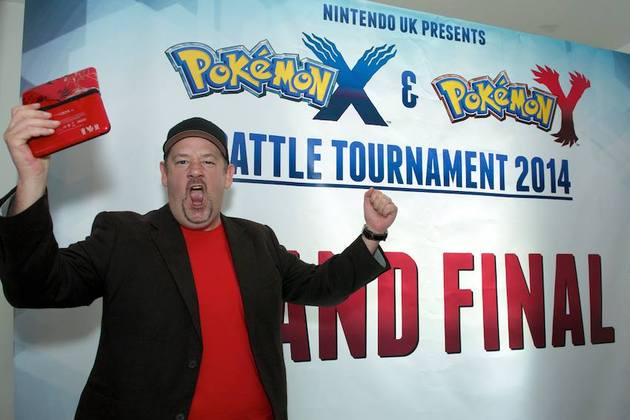
Last weekend we were lucky enough to spend the day watching nail-biting Pokémon battles and chowing down on innumerable amounts of pizza with comedian Johnny Vegas at the UK Pokémon X & Y Battle Tournament 2014 Grand Final. At the end of a long day of battling the winners of the four categories were decided, with Oliver Reilly taking home the prestigious 'Ultimate Expert' title and that sought-after two week-long tickets to Japan. In the 12 years old and under category, Daniel Burton won 'Junior Expert', while Dominic Rice was crowned 'Pokémon Apprentice'. The family duo of Francis and Joshua Jones (fittingly dressed as Ash and Pikachu) won 'Ultimate Team' and took home £250 of Nintendo eShop vouchers and four VIP passes to Eurogamer Expo.
After deciding that our level 70 Greninja wasn't quite up for the challenge, we decided to talk to the tournament winners and get nine top tips on how to get into Pokémon at a competitive level and become the next Pokémon Battle Tournament Master.
If you're entering a Pokémon Battle Tournament for the first time it's important to get in some practice before you fight for the title. Battle Spot Online is a great way to get you started competitively and can be an excellent tool for testing out your latest team. The 2014 Battle Tournament was Ultimate Expert winner Oliver's first ever tournament, having only experience using Battle Spot Online prior to this — "I think [Pokémon Battle Spot] is incredibly helpful, and players don't realize how much game knowledge they actually acquire when they play on them." Junior Expert Daniel also used Battle Spot frequently during training so that he could see where his team were going wrong and adjust it accordingly. Pokémon Battle Spot also provides you with the opportunity to practice Double style matches, which are the type of battles used in most tournaments, and allows you to discover which members of your party cover one another's weaknesses in battle.
Any budding Pokémon Master should know that you can't simply pick your Pokémon team based on which Pokémon look the cutest or seem the strongest. Pokémon Apprentice Dom explains that making sure you have a well-rounded team before you get into competitive battling is his number one top tip — "Too many times have I gone up against people with un-rounded teams. For example during the regional tournament at West Quay I went up against someone with a Talonflame, a Charizard, a Gyrados and a Greninja. This is a bad team because two of their Pokémon are 4x weak to Rock type moves and all four of their Pokémon are weak to Electric type moves."
When you start building your team, make sure to check that there is no one type of Pokémon which is strong against each of yours and compensate for inefficiencies by using mixed-type move Pokémon such as Emolga, which is an Electric/Flying type.
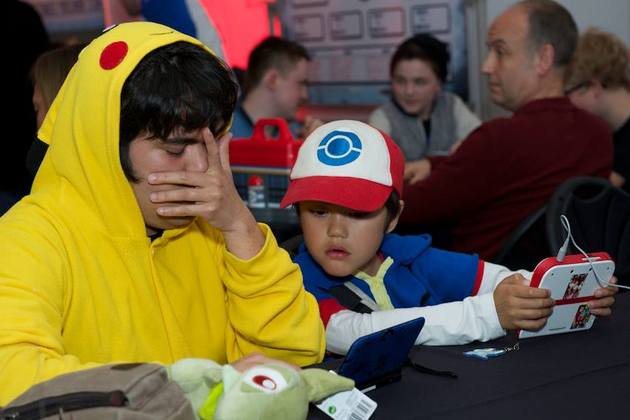
Even Ash Ketchum knows that Pikachu may not always be his best option in battle (although we're all still in shock about how he beat Brock's Onix back in the first season of the anime). You may have the coolest Aurorus going, but there are times when you simply have to put personal preferences aside and bring out a Pokémon that's right for the team, even if it's not your favourite. Will your Aurorus be able to stand up to a Fighting or Steel type when the times comes? Oliver has learnt from this the hard way, "I knew all [my Pokemon's] major threats and how to deal with them, but I didn't spend as much time getting to know my team as I should have done. I wanted to bring Tyranitar to every match because I loved using it! But in reality there were times were it should have sat out. It hates fighting-types."
It's easy to disregard defensive moves like Light Screen and Protect in favour of having a strong Pokémon with powerful attacks, but the majority of Pokémon Battle Tournament competitors will tell you that having a support Pokémon in your team is crucial to winning any battle. For the Ultimate Team, Francis and Joshua Jones, having a support Pokemon was even more important than usual, as Francis explains — "Since my brother is seven he doesn't think much about strategy and only thinks about using hyper-offensive moves. My team building consisted on thinking of Pokémon he could sweep and cause massive damage with, while I boost, support and protect him from my side." During the final battle Francis focused on re-directed attacks away from his brother's Kingdra and Talonflame and using his Amoonguss to sponge up attacks, securing the team's victory.
For those who may not know, IV stands for 'Individual Values' and EV means 'Effort Values'. IVs are the base stats given to a Pokémon when you first catch or hatch it, which you can build up and grow upon by increasing your Pokémon's EV in battle (or by using the EXP Share). If a Pokémon has a great set of IV stats, you can pass them down to another Pokémon by breeding the parent Pokémon while it's holding a specific item, such as the Power Bracer which boosts Attack IVs. EV training has become a lot more accessible via Super Training in Pokémon X & Y as you can now view your Pokémon's effort values by checking the Effort-O-Meter - handy! Putting some time into Super Training and making a specific Pokémon's stat is essential if you want to win a Pokémon Battle Tournament, so make sure to find the right in-game location to further boost specific stats, as certain areas have different Pokémon which increase certain stats once you defeat them in battle. For example, KOing a hordes of Geodudes in Terminus Cave will quickly boost your Pokémon's Defense. Dominic advises that newcomers to EV training should look at Bulbapedia or Marriland to see what stats their Pokémon have at their final evolution stage and then EV train that Pokémon's highest stat.
Playing by the book may be the safest option, but it won't always win you battles. "Surprise you opponent with something they're not expecting," suggests Oliver, "If you bring a Garchomp, your opponent is going to know exactly what moves it will have. They all run Earthquake, Rock Slide, Protect and Dragon Claw. If you bring Raichu, for example, as one of my opponents did, your opponent will be unable to predict what you'll do without knowing what moves you have. They don't know how to deal with it and immediately you have the advantage." While online forums may advise certain Pokémon for use in competitive tournaments, it's likely that your opponents will bring along similar teams, meaning that your Pokémon is going to need to be significantly stronger (or just luckier) in order to come out victorious. As Oliver reminded us, Ray Rizzo, the three-time World Champion, recently used a Wigglytuff in order to win a major US tournament, providing himself with a major advantage purely through the element of surprise — and maybe those amazing stats too.
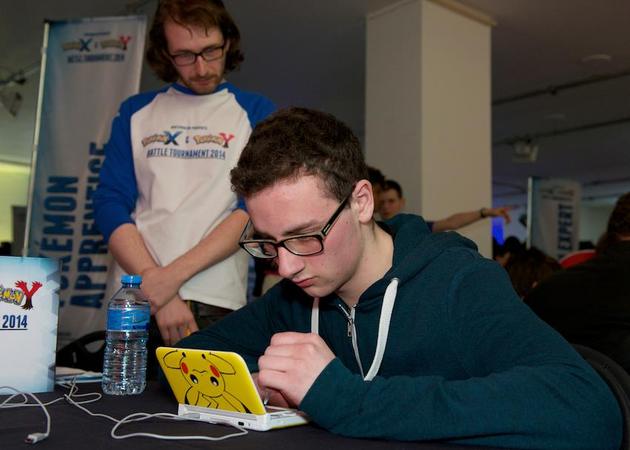
The nature of a Pokemon is also largely important depending on which of their stats you want to advance. Some natures give a 10% increase to a specific stat while also decreasing another by 10%, but there are some natures which do absolutely nothing. For example Modest increases Special Attack, yet decreases Attack, while Quirky, Bashful, Docile, Hardy and Serious do nothing. It's important to consider your Pokémon's nature when adding them to your Tournament team, as their nature may in fact weaken their best stat. "A Pokémon's nature can mean the difference between winning and losing," explains Dominic. "Say I had a 'jolly' Excadrill and you had an 'adamant' one, and now say we had the same EV investments (252 in attack and speed and 6 in HP) and 32 IV's across the board and we battled one to one with the same move set. Because I have a jolly Excadrill (+ Speed - Special Attack) I would attack first, meaning I would hit your Excadrill for 95-100% HP taking into account min-max damage. If you lived because you're adamant (+Attack -Special Attack) your Excadrill would kit mine for 100-110% damage resulting in your win so natures have a massive impact on battle outcomes."
With each defeat in battle, it's important to think about what exactly went wrong. Even Ultimate Expert Oliver was happy to discuss the times he was beaten when preparing for the tournament, "Unlike other games, it's absolutely acceptable to blame your team! I was having issues with my team leading up to the Grand Finals, so I gave my team a complete overhaul and started from the ground up." Keeping calm and learning from your mistakes is key in competitive games, so make sure to think about what tactics you might alter for your next match. "Are you not able to take on certain Pokémon? How do others deal with threats like that? If your opponents are outplaying you, try and think about what you would do in their position - what's their move? Counter it with your own."
It might sound a little cheesy, or really very cheesy, but friendship really is the key to becoming successful at Pokémon tournaments. One half of the Ultimate Team, Francis Jones, advises prospective Pokémon tournament players not to be afraid to ask others for help. "Most people in the competitive Pokémon community are eager to help and get more people into the meta-game." There are plenty of extremely useful forums threads and guides to help new players improve their Pokémon stats and make the most out of their team, and plenty more people just waiting to answer your questions. Ask a friend to battle you once a week ask them what holes you might have in your team's line-up. Don't forget to read up on the official Pokémon guides and Pokedexes too, as memorizing a few key moves of tournament favourites can be key to winning any given battle.
On page two we talk to the winners of the Pokémon X & Y Battle Tournament 2014 about their experience in the competition and discuss their preferred tactics and training methods.
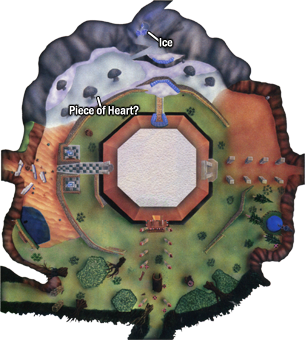
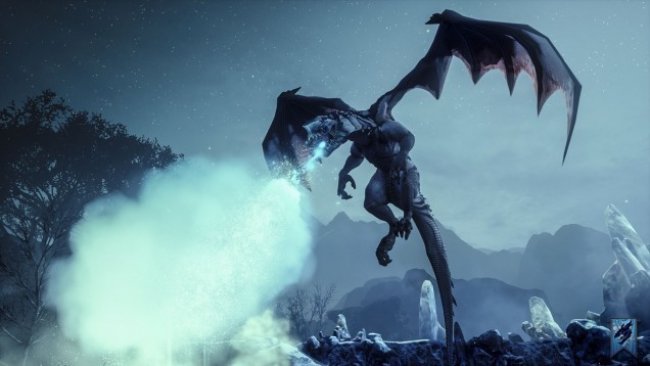
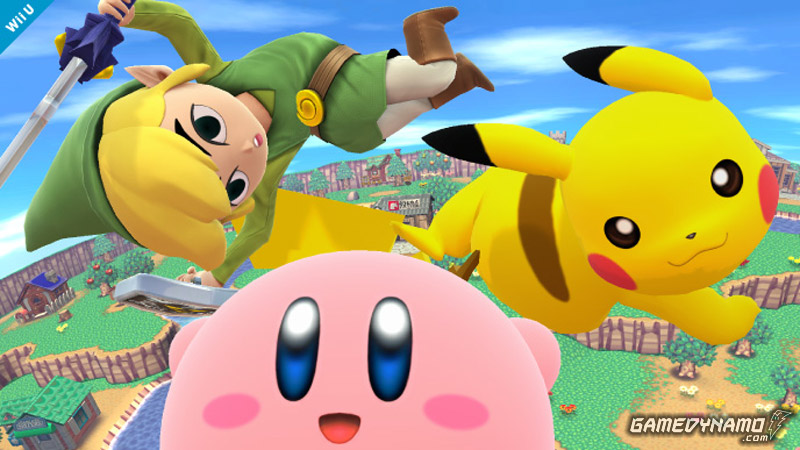

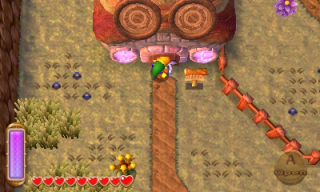 A Link Between Worlds Walkthrough – Swamp Palace –
A Link Between Worlds Walkthrough – Swamp Palace – 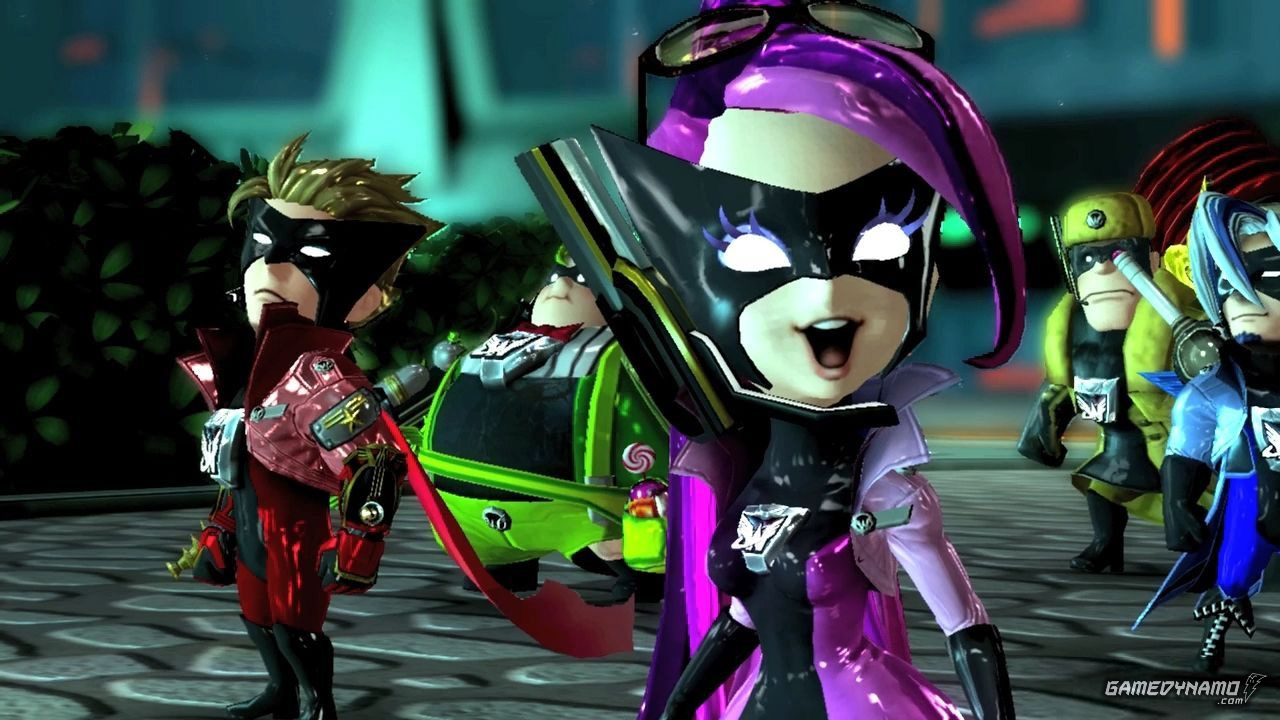 The Wonderful 101 – Tips & Tricks Guide
The Wonderful 101 – Tips & Tricks Guide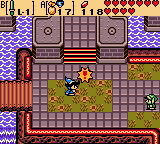 Oracle of Ages Walkthrough – Jabu-Jabu’s Belly –
Oracle of Ages Walkthrough – Jabu-Jabu’s Belly – 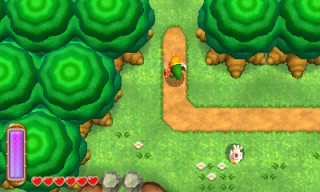 A Link Between Worlds Walkthrough – Hyrule Castle –
A Link Between Worlds Walkthrough – Hyrule Castle –  Assassin’s Creed IV: Black Flag – Elite Design Plans Guide
Assassin’s Creed IV: Black Flag – Elite Design Plans Guide